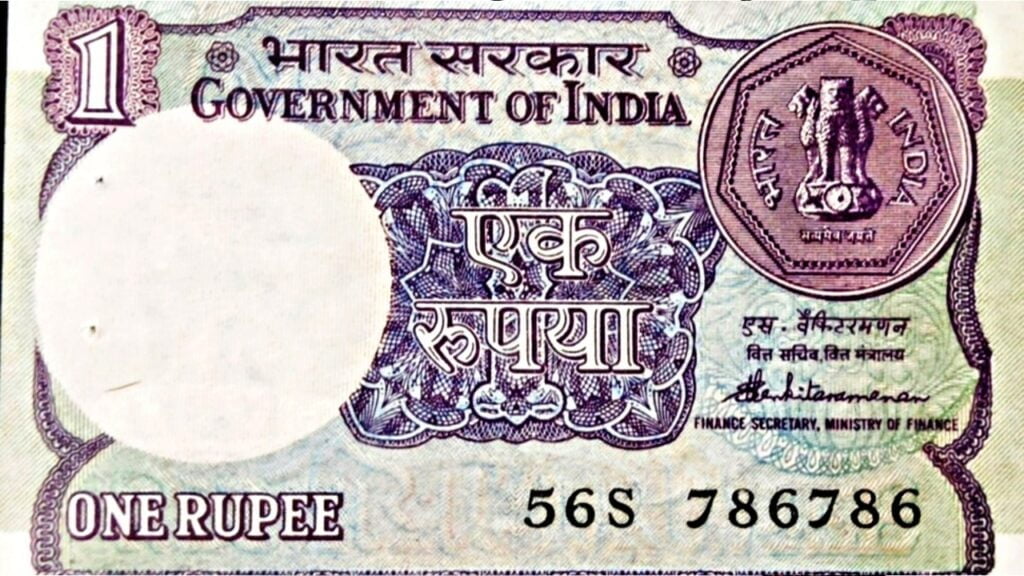Top 7 Firms Add ₹1.18 Lakh Crore
During the past week of trading, the combined market value of seven of India’s ten most valuable companies rose by about ₹1.18 lakh crore, while three others together lost roughly ₹22,095 crore.
Biggest Gainers
- State Bank of India (SBI): Up ₹35,953 crore, taking its market capitalization to ₹7.96 lakh crore.
- Bharti Airtel: Added ₹33,215 crore, reaching ₹11.19 lakh crore.
- Reliance Industries: Gained ₹17,389 crore, lifting its value to ₹19.05 lakh crore, the highest among Indian companies.
- Tata Consultancy Services (TCS): Rose by ₹12,953 crore to ₹11.47 lakh crore.

Notable Declines
- ICICI Bank: Fell ₹10,708 crore to ₹10.02 lakh crore.
- Bajaj Finance: Down ₹6,347 crore to ₹6.18 lakh crore.
- Hindustan Unilever (HUL): Dropped ₹5,040 crore to ₹6.01 lakh crore.
Market Snapshot
On Friday, September 19, the Sensex closed 388 points lower at 82,626, while the Nifty ended 97 points down at 25,327.
Buying interest was strong in public-sector banks, pharmaceuticals, and real estate, whereas automotive, FMCG, media, and IT stocks faced selling pressure.
What Is Market Capitalization?
Market capitalization—or market cap—is the total value of a company’s outstanding shares.
It is calculated by multiplying the share price by the total number of shares issued.
Example:
If a company has 1 crore shares priced at ₹20 each, its market cap equals ₹20 crore.
Because share prices fluctuate, a firm’s market value rises or falls accordingly.

Factors Driving Market Cap Changes
- Share price movement: Higher demand pushes prices—and market cap—up.
- Strong financial results: Growing revenue and profits attract investors.
- Positive developments: New contracts, acquisitions, product launches, or regulatory approvals can lift valuations.
- Market sentiment: Bullish trends or sector-specific optimism increase demand.
- Premium share issuance: Issuing new shares at high prices can raise market cap even without operational changes.
Why It Matters
For Companies: A larger market cap improves borrowing capacity, eases capital raising, and strengthens the ability to pursue acquisitions.
For Investors: Rising market caps typically increase investor wealth, while declines can reduce portfolio value and prompt selling.
Example: If TCS’s market capitalization climbs from ₹12.43 lakh crore, shareholders gain directly through higher share prices and the company may find it easier to fund future growth. Conversely, a fall in market cap can lead to investor losses and limit the company’s financial flexibility.





